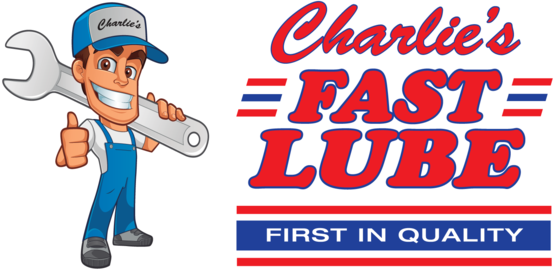This page provides answers to some of the most frequently asked questions about vehicle repair and service. We've thrown in some of our favorite tips and recommendations, too. Please call us or consult our Contact Us page for answers to your specific questions. We are happy to assist you!
Vehicle Maintenance
-
What are the consequences of postponing maintenance?
Many parts on your vehicle are interrelated. Ignoring maintenance can lead to trouble: specific parts, or an entire system, can fail. Neglecting even simple routine maintenance, such as changing the oil or checking the coolant, can lead to poor fuel economy, unreliability, or costly breakdowns. It also may invalidate your warranty. Properly maintaining your vehicle is less expensive than repairs from negligence.
-
If I don't take my car to my car dealer for maintenance or repair will I void my warranty?
As a vehicle owner you should know about the Magnuson Moss Warranty Act. In 1975 the US Congress passed the Magnuson-Moss Warranty Act - a federal law that governs consumer product warranties. The act ensures that consumers can get straight forward information about warranty terms and conditions. Generally your vehicle manufacturer's warranty cannot require you to return to your auto dealer for vehicle maintenance - or to use only the brand of replacement parts offered by that dealer. a vehicle manufacturer cannot void the warranty of your vehicle due to an aftermarket part unless they can prove that the aftermarket part was the cause of or contributed to the failure of the vehicle
-
What is the difference between maintenance and safety?
Maintenance is done to prevent any future problems from occurring to the vehicle. Safety is to prevent any incident that would cause damage to the vehicle, to you or to the driver who is driving next to you.
-
With the change of the season and the temperatures, do I need to have my car checked?
It is a good idea to have your coolant checked to determine its freezing and boiling points to verify whether it needs to be changed. Have your air conditioner tested before the summer heats up, it is cheaper to fix before the season gets started.
Fluids Leaks
-
I see a fluid leak under my car, what is it?
You can identify fluids by their color and consistency: Yellowish green, pastel blue or florescent orange colors indicate an overheated engine or an antifreeze leak caused by a bad hose, water pump or leaking radiator. A dark brown or black oily fluid means the engine is leaking oil. A bad seal or gasket could cause the leak. A red oily spot indicates a transmission or power-steering fluid leak. A puddle of clear water usually is no problem. It may be normal condensation from your vehicle's air conditioner.
Oil Change
-
When should I get my oil changed?
You should get your oil changed every 3000 miles or as recommended in your vehicle's owner's manual.
-
What is synthetic motor oil?
Synthetic motor oils can be a good choice for high output, turbocharged or supercharged engines, vehicles that are used for towing (especially during hot weather), or vehicles that are operated in extremely cold or hot climates. Synthetic motor oils, though several times more expensive than mineral-based motor oils, can improve fuel economy and provide longer intervals between changes. They also provide instant lubrication on start-up.









